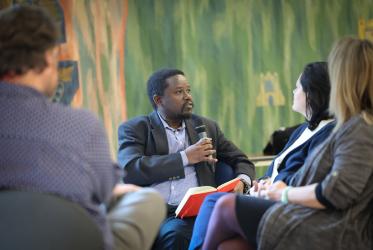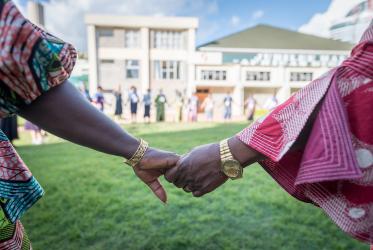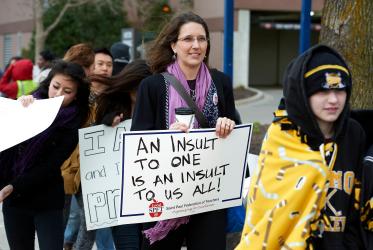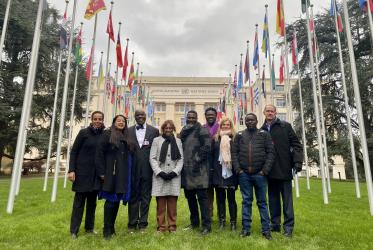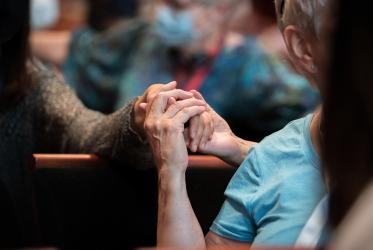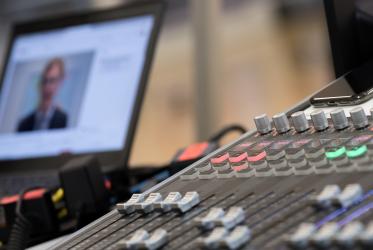Displaying 1 - 20 of 96
17 April 2024
WCC, WHO commemorate 50 years of collaboration
04 April 2024
WCC webinar explores decolonizing beauty
11 December 2023
Young Black Europeans: “common witness has an open ear”
30 November 2023
At peace conference, WCC focuses on overcoming racism
26 October 2023
Celebratory event discusses Black leaders’ contributions to WCC
06 September 2023
Pandemic and pedagogy: what are the valuable lessons?
21 December 2022
WCC helps churches connect with UN on racial justice issues
09 November 2022
Seek Peace and Pursue It: PJP Series 4
Reflections on the Pilgrimage of Justice and Peace in Europe
22 August 2022






